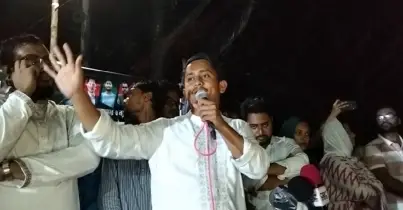B.A (Hons) In English Literature
M.A In English Literature
e-mail: [email protected]
Verb
A verb is a word or group of word (phrase) that is used to describe an action, state or occurrence.
Role of Verb in a sentence:
Verb forms the main part of the predicate of a sentence. Every complete sentence must have a verb.
Verbs are:
Action: read, do, walk, bring, run, learn, eat etc.
State: be, exist, stand etc.
Occurrence: happen, become etc.
Example:- He is a good man. (Using the most common to be verb)
- We learn from the Web.
- She speaks in English.
- Rimi is thinking about the incident.
Verbs change their form based on time/tense (past, present, and future), person (first person, second person, and third person), number (singular, plural), voice (active and passive) etc.
Kinds of Verb:
Firstly verb is divided into two categories:
i. Principal or Lexical or Main Verb
ii. Auxiliary or Helping Verb
i. Principal or Lexical Verb:
Verbs which are used independently without help of other verbs are called Principal or Main verb.
Example:- He is a singer.
- She does her job.
- They have many problems.
Principal verbs are two types depending on the object they take:
a. Transitive verb.
A transitive verb is an action verb that requires one or more objects which receive the action of the verb in a sentence.
Example:
- She reads the book. (verb with the object ‘the book’)
- He gave me a mobile phone. (verb with the object ‘me’ and ‘mobile phone’)
- I saw her in the market.
- Rifat wants a pen form Ryan.
b. Intransitive verb.
An intransitive verb is an action verb that requires no direct object in the sentence.
Example:
- She reads. (no object in the sentence)
- Sit down here. (“)
- The birds are flying. (“)
- She is singing. (“)
- The sunset. (“)
- I walked to the park today. (“)
- I went to the campus for a scheduled class. (“)
ঢাকা, বাংলাদেশ বৃহস্পতিবার ১০ জুলাই ২০২৫, ২৬ আষাঢ় ১৪৩২








